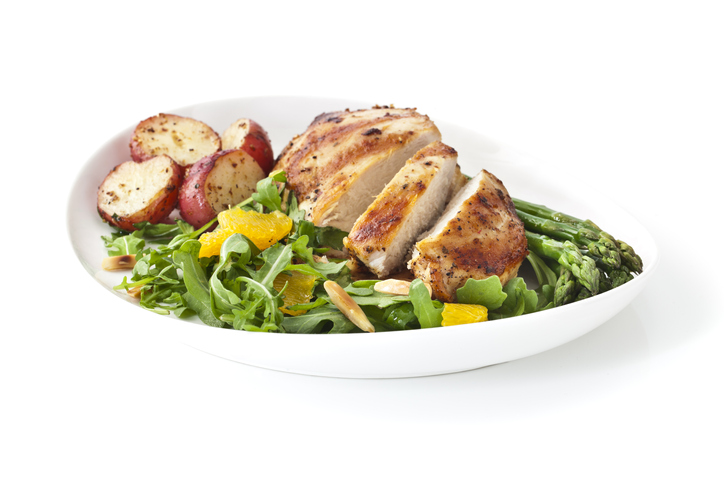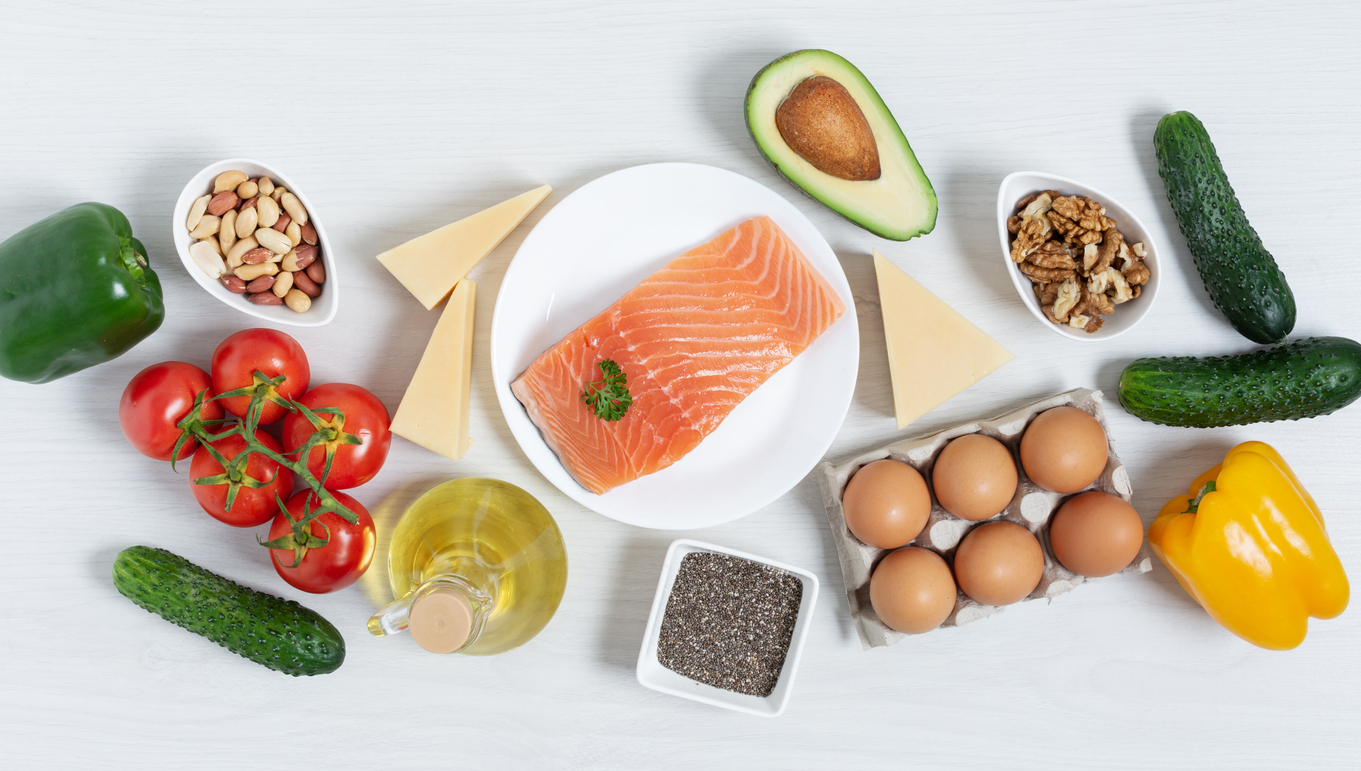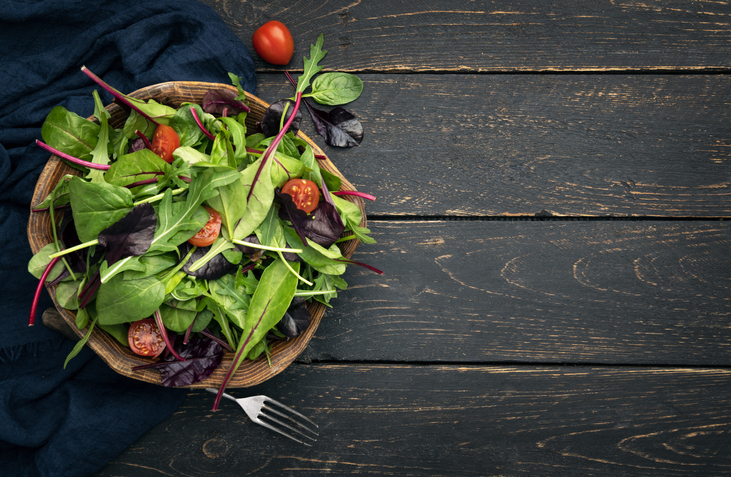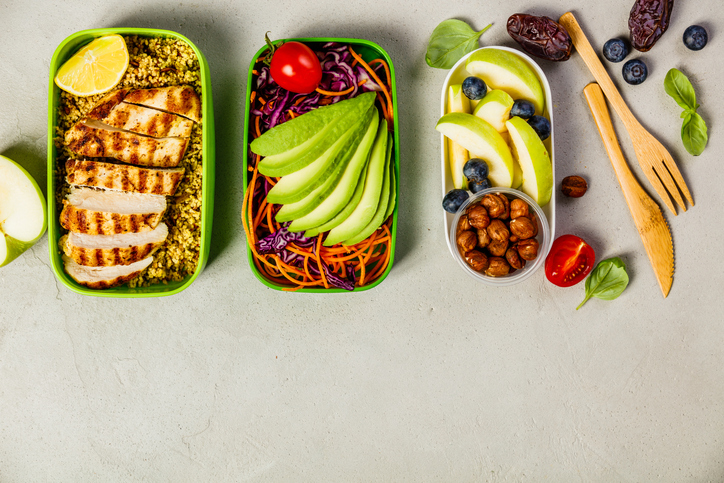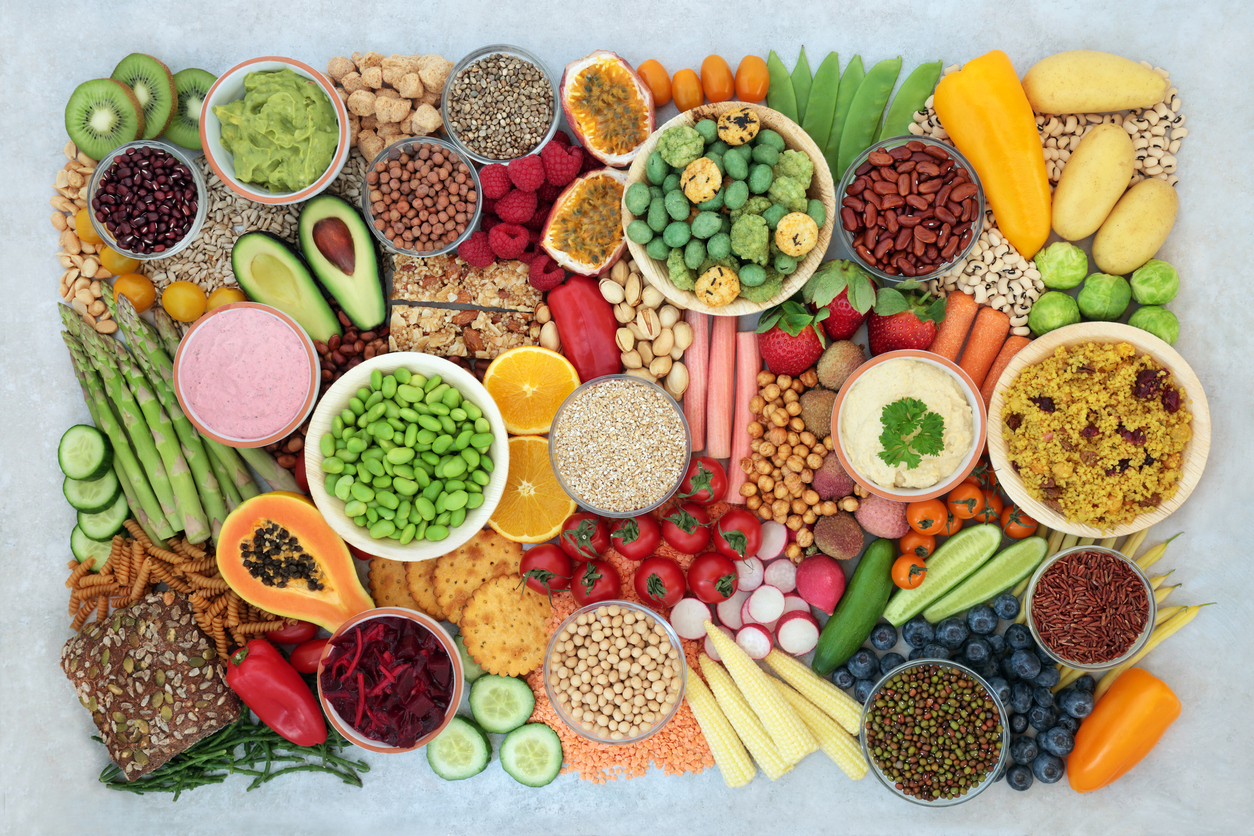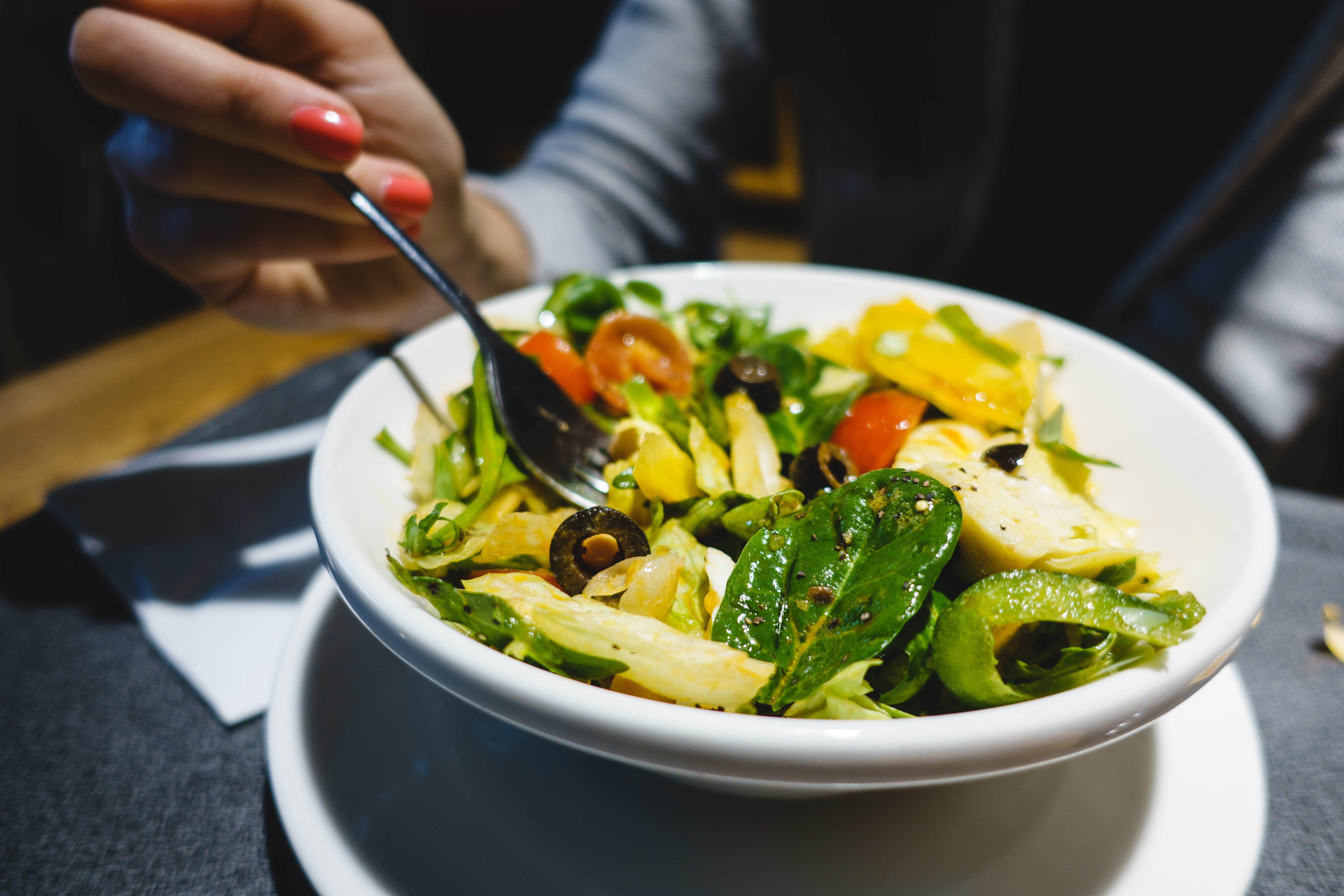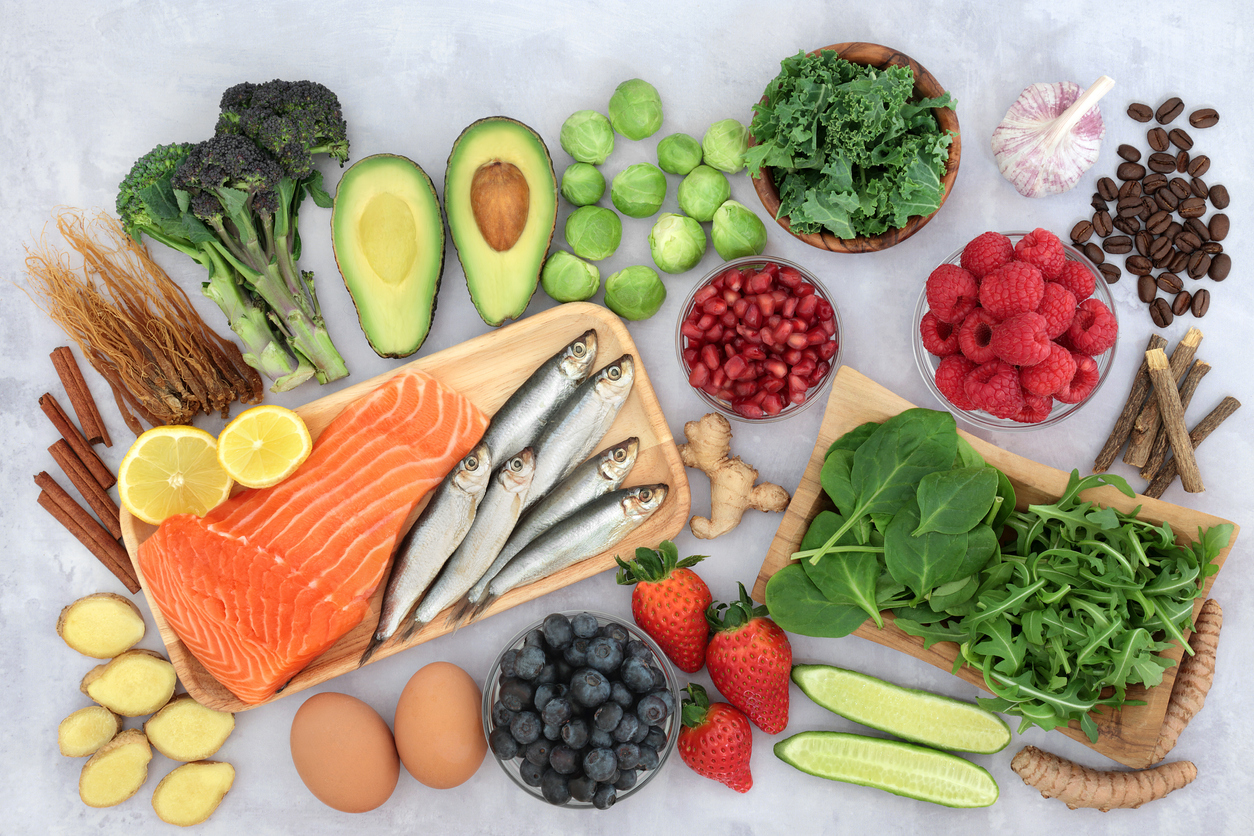Wellness
Vegetarian or Pescatarian Diet for Chronic Pain

Studies have shown that the diet consumed may have an impact on chronic pain. Many foods have anti-inflammatory benefits, others contain natural medicinal qualities, while others may increase inflammation.
Vegetarian vs Pescatarian Diet
A vegan diet eliminates all meat, poultry and seafood. As opposed to a vegan diet, a vegetarian diet may include dairy products and eggs. A pescatarian diet eliminates all meat and poultry, but includes seafood, dairy products, and eggs.
How diet affects chronic pain
Both vegetarian and pescatarian diets eliminate red meat and processed meats, which contribute to chronic inflammation in the body. Chronic inflammation is linked to chronic pain. Vegetarian and pescatarian diets prioritize fruits, vegetables, legumes, and other plant-based foods. These foods contain antioxidants, flavonoids and carotenoids, which help prevent oxidation and tissue damage, while reducing inflammation in the body. Therefore, vegetarian and pescatarian diets may reduce chronic pain.
When a pescatarian diet includes fish high in omega-3 fatty acids, such as salmon, tuna and sardines, additional reduction in chronic pain may occur. Omega-3 fatty acids inhibit parts of the immune system related to inflammatory response, thereby preventing or reducing inflammation. This may decrease chronic pain and other symptoms related to inflammation, such as joint swelling. Although omega-3 supplements are available, studies suggest that the body uses fatty acids from fish more effectively than fatty acids from a supplement.
Conclusion
When deciding what type of diet to consume, individuals should consider their health goals, specific needs, and preferences. Consulting with a health care professional, dietician, or nutritionist is beneficial when making this choice.


